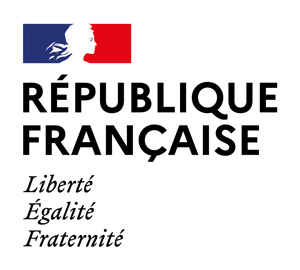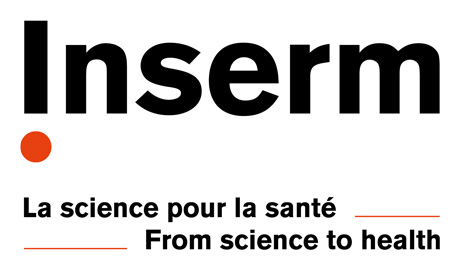





Supervisors:
Bruno Rossion and Jacques Jonas
Applications are invited for a PhD fellowship (3 years) under the joint supervision of Bruno Rossion & Jacques Jonas in the Face Categorization Lab in Nancy, France.
The PhD candidate will develop research on intracerebral recordings and focal electrical stimulation performed on patients with temporal lobe epilepsy implanted with Stereoelectroencephalography (SEEG) (see, e.g., Jonas et al., 2016; Jonas et al., 2018) to understand the neural basis of human face recognition. The main methodological approach is fast periodic visual stimulation, or frequency tagging, with natural images.
A novel and prominent aspect of the PhD fellowship will concern the recording of single neurons with implanted macro-micro-electrodes in the ventral occipito-temporal cortex and medial temporal lobe, in collaboration with R. Q. Quiroga (University of Leicester, UK).
The ultimate goal of the research program in the Face Categorization Lab is to understand how the human brain interacts with and make sense of its environment. Recognition is considered as a Categorization function, i.e. how different responses are provided to different signals of the environment (Discrimination) and how similar responses are provided to different signals (Generalization). In the human species, this recognition function is extremely rich, challenging and diverse for facial signals (e.g., recognizing various visual inputs as faces, male or female faces, emotional faces, a specific identity under variable viewing conditions, etc.), so that face recognition is seen as an excellent model to understand how we make sense of our biological and social environment.
The laboratory is part of the CNRS center CRAN and the Université de Lorraine, in Nancy, in the eastern region of France. It is based in the University Hospital of Nancy (CHRU) next to the epilepsy unit to favor interactions between researchers and clinicians, and is constituted of a small multidisciplinary group of researchers with a background in cognitive sciences, computational neuroscience, medical science, engineering, and neurophysiology. Diverse research methods are available locally (high density EEG, fMRI, lesion studies, neuropsychology, tDCS, intracerebral recordings and stimulation), with an emphasis on simultaneous multimodal recordings (e.g., EEG-fMRI; EEG-SEEG-single units, tDCS-SEEG …). The laboratory also has a vast network of international collaborators.
Qualifications:
We will consider candidates with a Master degree in Cognitive Science, Psychology, Neuroscience, Biomedical Science, Medical Science, or a related field.
In addition to a general interest in face recognition and neuroscience, the ideal candidate has skills in programming (e.g., Matlab) and data analysis, and a high level of written and spoken English. Knowledge of the French language is not required but is an advantage for patient testing.
Application:
To apply, please send a brief (max. 1,000 words) application letter explaining your research interests and your motivation to join this project, your CV, and at least one recommendation letter to bruno.rossion@univ-lorraine.fr & jacques.jonas@univ-lorraine.fr before 30/06/2020.
Please feel free to ask any of your questions to: bruno.rossion@univ-lorraine.fr